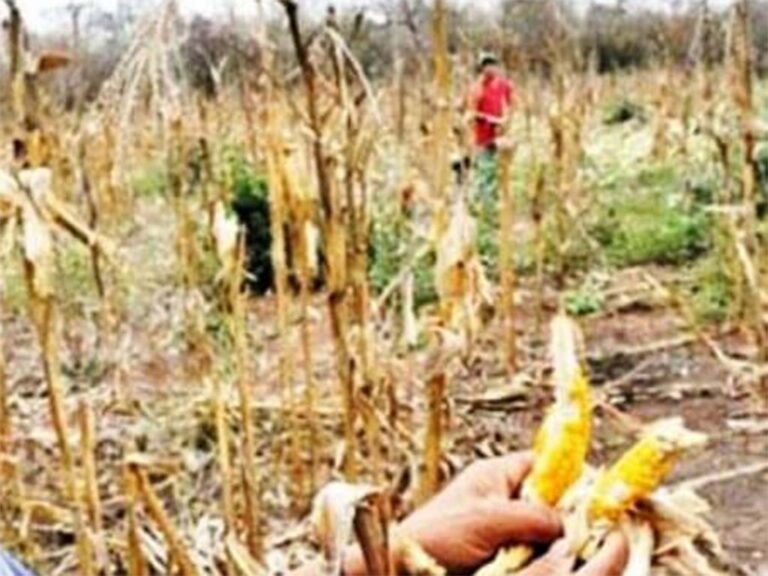A recent report published by United Nations agencies warned that the impact of the El Niño phenomenon on agricultural production would not only cause a rise in prices, but it would also increase food insecurity.
In addition, the reduction in the harvests of basic grains in 2023 might reduce food reserves for consumption and sale, increasing the market dependence of 1.9 million small farmers in Central America.
This situation was addressed by a report published in the El Mundo newspaper, which said that more than 100 cooperative members are impacted by the lack of rain.
The outlook is discouraging for the families of a cooperative in Chalchuapa, Santa Ana province, after losing 40 percent of their corn production due to the drought.
Alvaro Portillo, a member of the cooperative, commented that there is “a clear picture that our families will be severely affected by this climate change and we will surely fall into food insecurity.”
“We are worried about the lack of rain and those long periods, because we are told that next year is going to be worse, at least for us in the Dry Corridor. The question is: how are these people going to survive, if the possibilities that they have right now are very minimal? There are 280 families that live from agriculture in the cooperative,” Portillo said.
For most of those affected there is an option: that the government help with a subsidy for agriculture in the face of the impact of climatic phenomena.
jg/llp/jha/lb









